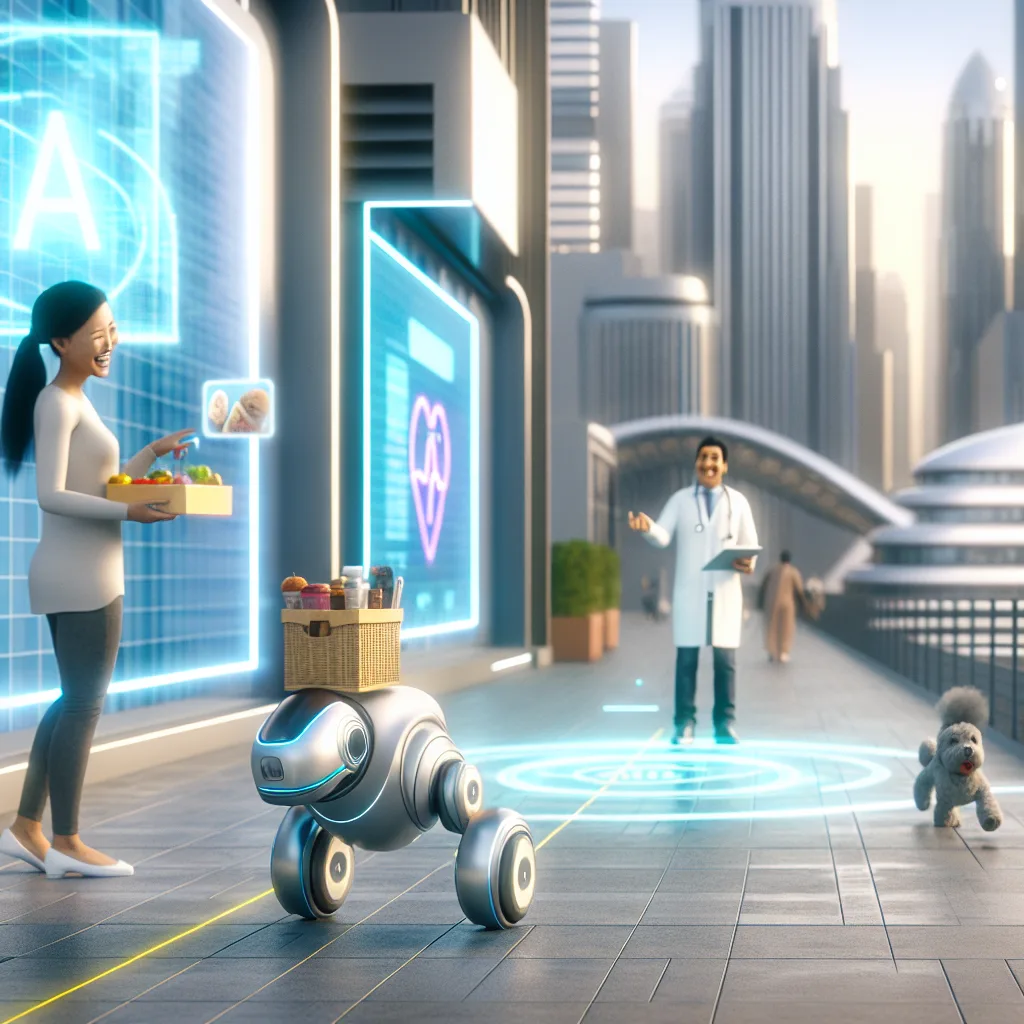A friendly look at recent AI developments shaping our world in 2025
AI innovations are reshaping the way we live and interact more rapidly than most of us expect. Just recently, several intriguing advancements have caught my attention — from banking to food delivery, and even how doctors could soon lean heavily on AI for decision-making.
Malaysia’s Ryt Bank: The First AI-Powered Bank
One of the standout AI innovations is Malaysia’s launch of Ryt Bank. This new bank uses AI at its core for virtually everything, aiming to offer smoother user experiences and more personalized financial services. Imagine handling your money with an AI that understands your habits and needs real-time. It’s a bold step that might hint at the future of banking worldwide. For more details, you can check out their official site and latest news coverage here.
YouTube’s AI Video Editing: Bending Reality?
Another fascinating development is YouTube’s behind-the-scenes use of AI to edit users’ videos. This AI doesn’t just cut clips; it can subtly alter content, creating effects that might bend reality a little. While this is impressive technology, it also raises questions about authenticity and trust in digital content. You can read more about AI in video editing on TechCrunch or The Verge.
Robo-Dogs in Zurich: AI-Powered Food Delivery
Over in Zurich, AI-powered robotic dogs have started food delivery trials. These robo-dogs navigate streets and paths to bring meals right to your door. It’s a real peek at automation meeting everyday life in a tangible way. It’s not just cute — it could reduce human delivery time and increase efficiency. For those curious about robotics, seeing these robo-dogs in action is pretty fun and a step toward more widespread use of AI robots.
Doctors and AI Dependency
There’s also emerging research pointing to the idea that doctors may soon get very reliant on AI assistance. AI can analyze symptoms, predict outcomes, and suggest treatment options quickly. While this can boost accuracy and save time, it’s also important to maintain medical judgement and avoid over-dependence on machines. Articles on this topic are available through medical journals and sites like PubMed and Mayo Clinic.
Wrapping Up
These examples show just how diverse and impactful AI innovations are becoming. From changing how we bank, watch videos, get our food delivered, to supporting healthcare professionals, AI is weaving into our lives in surprising ways. It’s worth keeping an eye on these developments—not just for tech enthusiasts but for anyone curious about where our daily routines might head next.
If any of these stories caught your interest, digging deeper will reveal a fascinating mix of technology and real-world applications right before our eyes.
